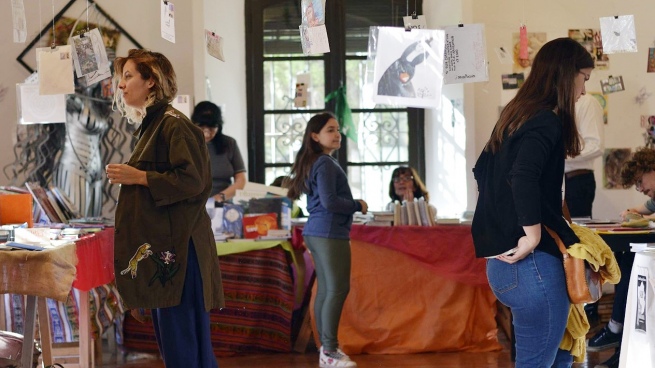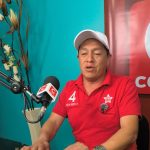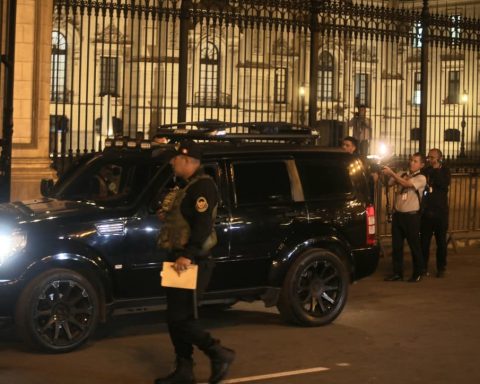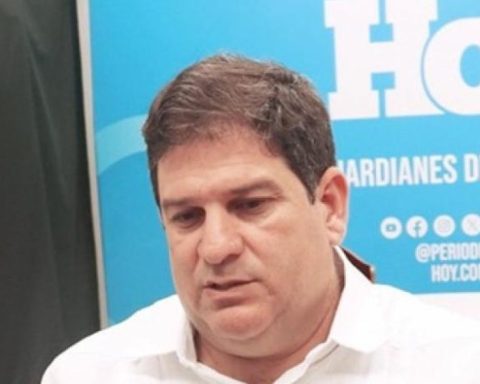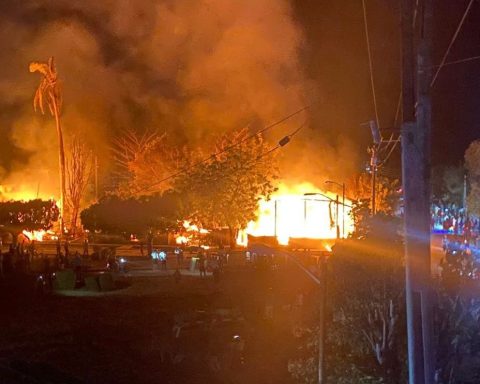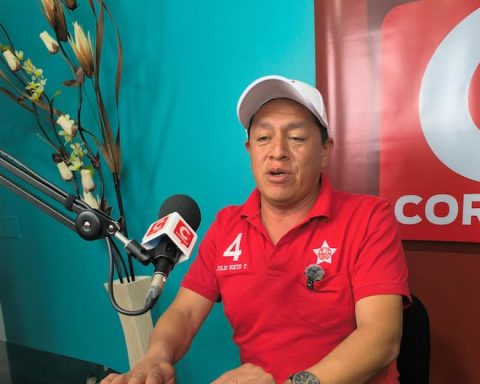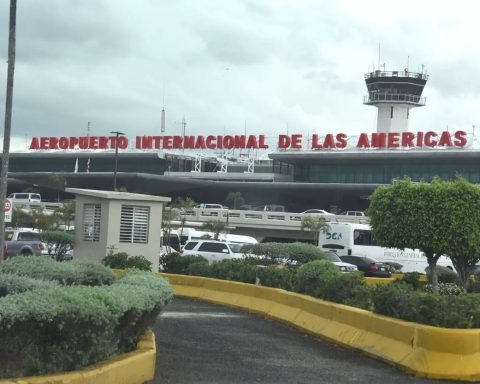On Saturday, March 12 and Sunday, March 13, the twelfth “Fair of Self-Managed Publishers” will be held in the city of Bahía Blanca, with the institutional support of the National Ministry of Culture. Various artistic activities, talks, workshops, readings, etc. and concerts.
Booksellers, writers, poets and readers will meet at the House of Culture of that city, located at Alem 925.
We had the opportunity to talk with one of its organizers, Lorena Curruhinca, poet, editor, cultural creator and member of the Semilla collective. She told us about how this project came about, the previous editions and how much the community will be able to enjoy that weekend.
How did the idea of doing this fair come about?
Lorena Curruhinca: The idea came up in 2007, the first one was in 2008. We were making a magazine called “This is not a literary magazine” together with Gerónimo Unibaso with whom we organized the Fair, and we had also been chatting with Diego Rosake about of how we could show, expose and share the projects that we did that were not strictly editorial but did have to do with publications. In that magazine we always included three plates of fanzines, of poetry. We had the need to make visible and see what other people were doing and how they approached their projects, always in light of events that had been held before in Bahia, and other publications such as those of Vox and the matheists. We wanted to show what we were doing and exchange projects. This continued until 2018. For this edition there were a couple of incentives from the Ministry of Culture for fairs, we studied the possibility of presenting ourselves and this date was scheduled. We organize it from the Colectivo Semilla, which has a poetry publishing house, together with Gerónimo.
Having the support of the Ministry of Culture of the Nation, have you been able to convene publishers from all over the country, or are there only those that belong to the city?
L.C: The support is significant in the sense that it allows us to invite people who previously could not come because of the distance. We always try to do something very federal, we always focus on self-managed, independent publishers, with proposals similar to ours. In the second edition, someone from Chaco came for the first time, for example, and now we have the possibility that they can come from Santa Fe as well. This support was very helpful, it gives us the possibility of great diversity.

In addition to the Fair, are there parallel activities?
CL: Yes, we never thought of this fair as separate from the rest of the activities such as presentations, discussion tables, exchanges, readings, and this year we are going to hold a poetry workshop so that everyone can sign up. There will also be music and performance. This year something very beautiful is projected in relation to what is going to happen, to what we are organizing. There is also a very rich articulation between those who are at a stand and who are also workshop participants.
What activities would you particularly highlight to convene the Bahian community?
CL: I would highlight the Fair itself, because it is a constant and simultaneous movement. People who are celebrating talk about their catalog, their books, their authors and at the same time there is the possibility of listening to someone who is presenting a book or giving a workshop or making music, that is very attractive to us, unlike the editions previous ones, with a deferred orchestration and a bit chaotic but interesting and attractive. This will create a community atmosphere during that time.
